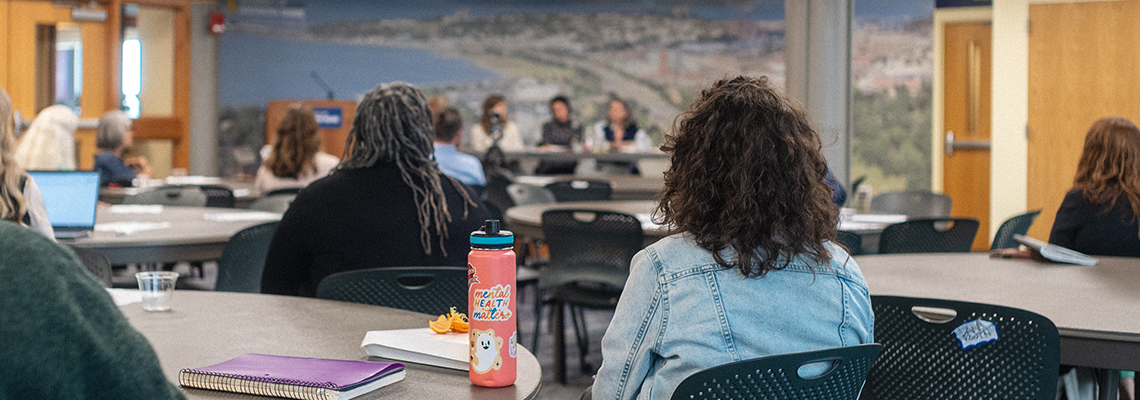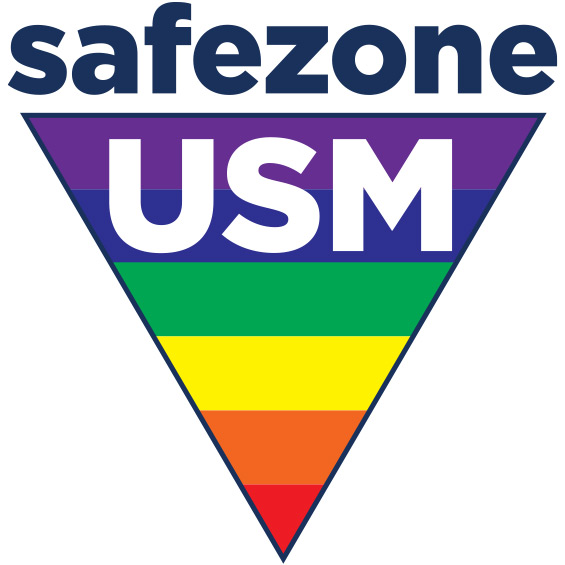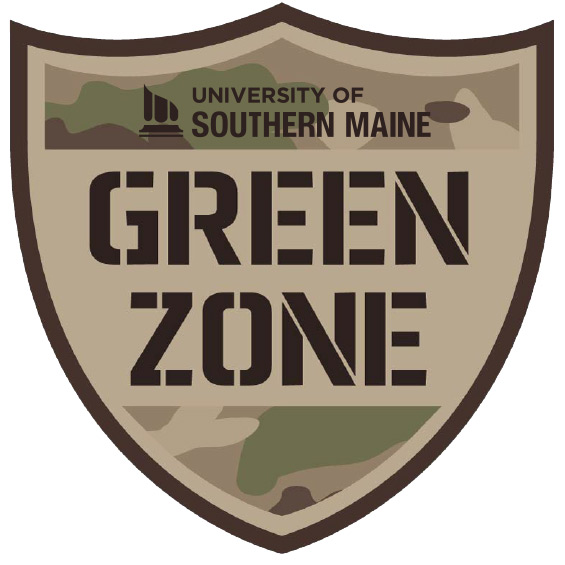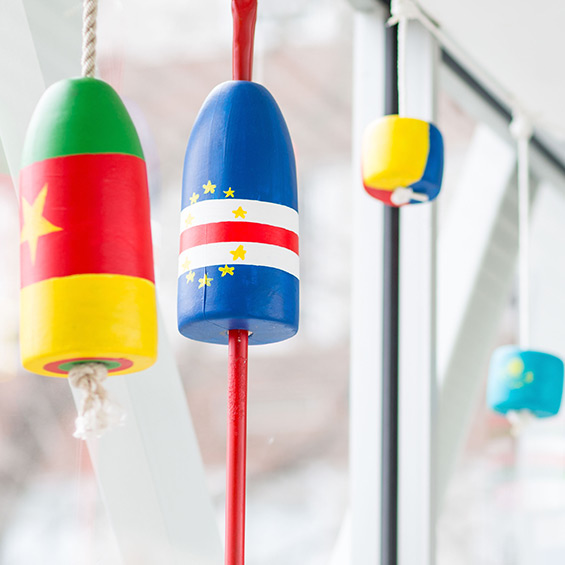
Office of Equity, Inclusion, & Community Impact
Our office is committed to providing resources and opportunities to further growth and development in awareness, knowledge, and skills related to diversity, equity, inclusion, accessibility, and belonging. We can facilitate training in several areas, including, but not limited to: microaggressions, implicit bias, gender identity, and anti-racism and whiteness.
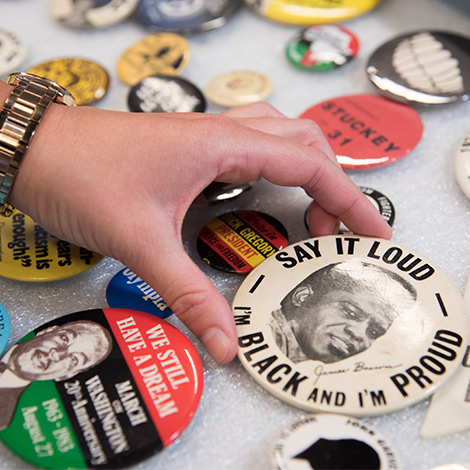
Jean Byers Sampson Center for Diversity in Maine
The Center collects and makes accessible material culture documenting the ongoing histories of diverse communities. Current collections represent the African American, Jewish, Lesbian, Gay, Bisexual, Transgender, Queer+ communities, as well as civil rights and social justice for all.
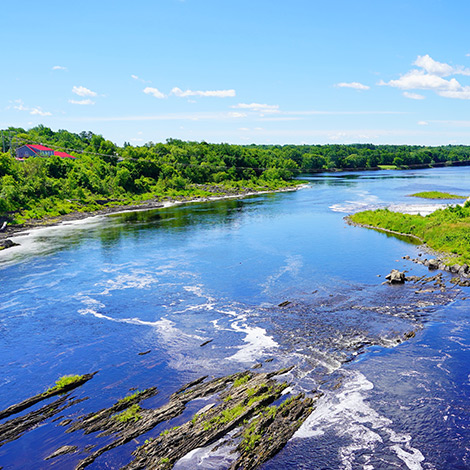
Gloria S. Duclos Convocation
Our campus convenes around the theme of “The Rivers We Belong To: Grounding Indigenous Presence and Sovereignty” through lectures, webinars, field trips, workshops, panel discussions, craft demonstrations, and common reads.
Academic Programs
Our faculty and curriculum foster world-minded, lifelong learners who critically examine privilege and oppression, promoting ethical action in local and global communities. Below you can explore our core curriculum and a selection of programs that hold equity and inclusion as central to the academic experience.
English for Speakers of Other Languages (ESOL)
Our ESOL program teaches students from around the globe the academic and professional English they need to reach their goals.
Safe Zone Training
Students, staff, and faculty can participate in a training program focusing on the issues LGBTQ+ people face and how we can be successful, safe, and supportive allies — whether we are LGBTQ+, heterosexual and/or cisgender.
Green Zone Training
Staff and faculty can complete a military awareness training program to help understand military life and the challenges that arise in transitioning from combat to classroom.
Global Zone Training
This is a new training for students, faculty, and staff who want to better understand the immigrant-origin student experience.


